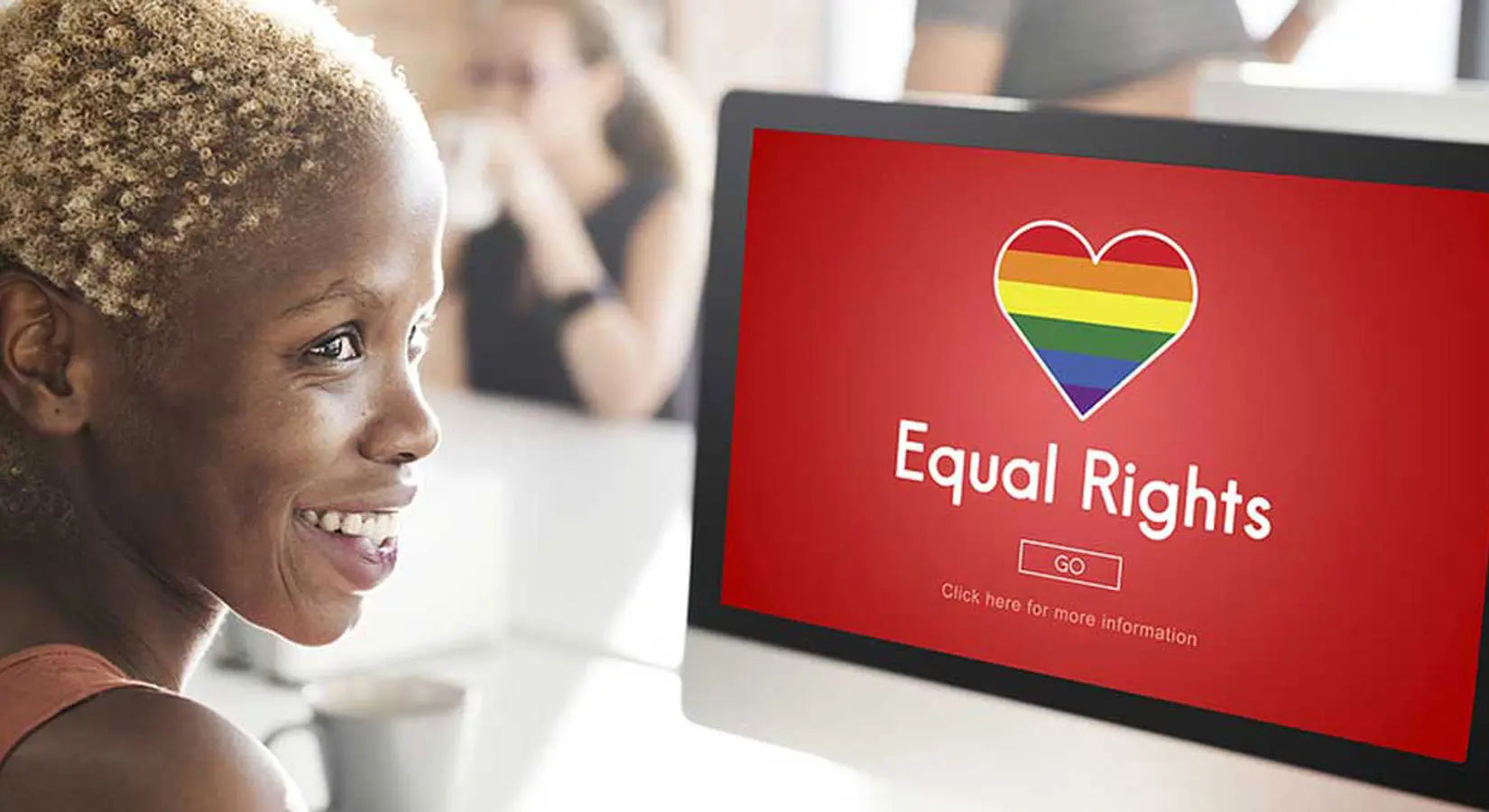While the LGBTQ+ community has made many strides, there is still a long way to go. Inclusion and equality in the workplace is still a problem that needs to be sorted. The best way forward is to collectively understand these issues and play our part in ensuring it doesn’t happen.
Here is everything you need to know about LGBTQ+ in the workplace.
Isolation And Underrepresentation
3.9% of men in the U.S and 5.1% of women identify as LGBT. However, their representation in the workforce is much lower than this. Besides that, LGBT women experience much lower levels of representation than men in the workplace.
LGBT women make 2.3% of entry-level jobs and 1.6% of management jobs with even lower senior positions. Because of this underrepresentation, LGBT women feel more isolated at work. Such isolation increases stress and makes a person feel less inclusive of a team or place.
Besides that, LGBT women, especially bisexual women, experience more demeaning remarks than any other section. Statistics show that bisexual women are 13% to 28% more likely to experience such aggression than straight men and women.
Career Progression Effects
Three in twenty LGBT women believe that their sexual orientation will impact their career progression. On the other hand, six in twenty LGBT men believe the same thing about themselves. LGBT women also report that their gender identity has been a cause for them to miss out on promotions and raises.
However, that still has not stopped LGBT women from fighting for their rights. LGBT women are 1.5 times more likely than straight men to be motivated to advance into an executive leadership role to use their position for other people like them. The motivation for them is to use their role to create a positive impact for other people.
The Experience Of Trans People In The Workplace
More than 1.4 million in the U.S identify as trans, and their experiences in the workplace are not the best. That is because they are usually the only people in the workplace with a trans identity. The most unfortunate part is that they face the most barrier to advancement in terms of their career.
Data shows that most trans individuals make up only entry-level positions. They are less likely to have evaluation roles, management positions, or hiring responsibilities. Besides that, trans individuals also view their orientation and gender as a barrier to career progression.
Trans people hear racist jokes, demeaning comments, and sexist jokes more than their peers of the LGBTQ+ community. They also feel like they can’t talk about themselves or their life in the workplace with their peers. That is why their experience in the workplace is by far the worst among other members of the LGBT community.
Final Words
These problems are just the tip of the iceberg when it comes to the experience of LGBTQ+ in the workplace. They face endless issues, barriers to advancement, and isolation at work. That is why we should always do our part in our workplace and outside to make people feel included at all times.



Share:
How LGBTQ+ Community Is Contributing To The World
Gay Pride? Why Should A Christian Take Part in Gay Pride?